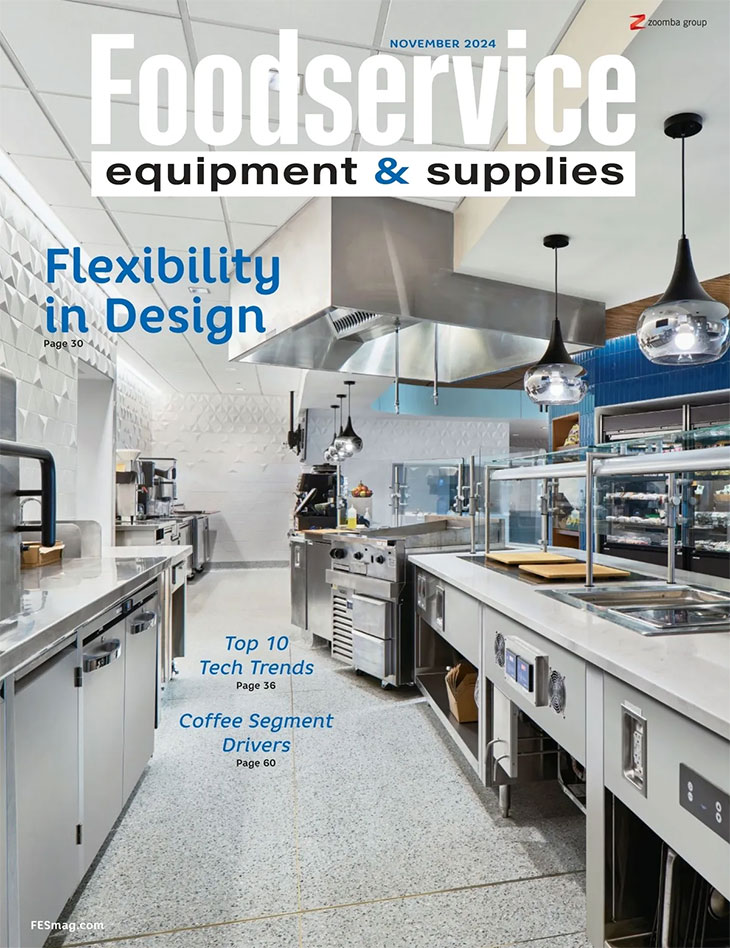Oil filtration systems are often one of the most abused pieces of equipment in a commercial kitchen. Because nobody likes to filter their grease, operators often assign the most inexperienced staff member to handle this task, which can be messy, hot and stinky. Usually, the filtering process happens after a shift when the oil is at a cooking temperature of between 330 degrees F and 375 degrees F.
Operators can choose from several different methods when testing fryer oil quality. Most often, the color of the oil serves as an indication it is time to filter or change the oil. Darker colors often indicate degraded oil. A more accurate way to test oil, though, is using fryer oil test strips, which alert users when it is time to filter or change the oil. These strips test for free fatty acids, a byproduct consistently produced as cooking oil breaks down. Fryers with automatic filters test for total polar materials to determine when filtering or an oil change are necessary; they can also be set to filter on a time-initiated schedule.
Filter systems must be disassembled, cleaned and reassembled in the correct sequence or damage can ensue. All filter systems have the same order of assembly. Also, because parts are hot, they can get damaged if dropped and not fit correctly in the unit. When staff reassemble the unit, sometimes it is not cleaned correctly, and debris gets sucked into the pump. If the order of assembly is wrong, the unit won’t work, and the pump reset trips because it is working too hard.
O-rings, located where the filter pan connects to the pump intake, can wear out over time and crack. If this happens, the pump will suck air and not oil. For this reason, these rings should be replaced at least twice a year.
Operators should never pump water or cleaning solution through a filter system on a fryer; the pump can be ruined very quickly.
A lot of restaurants now use deliver and disposal units for bulk oil. Depending on how these are installed, they can create too much pressure on the pumps and cause the seals on the pump to fail. When this happens, oil can leak into the motor and result in both the pump and the motor needing replacement. Built-in filter systems also have different valves with micro switches to turn on the pump when the valve is opened and turn off the pump when closed. If the adjustment on these switches is wrong, too much pressure can create a seal failure as well.











